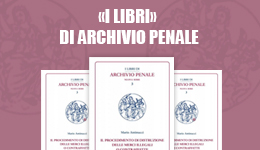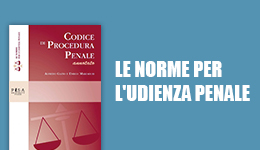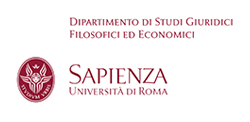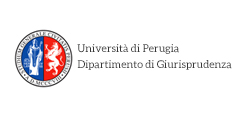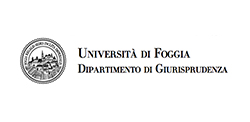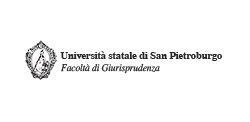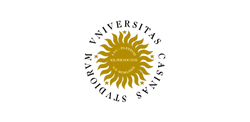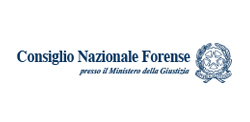I nuovi confini dell’autodeterminazione terapeutica: il diritto di rinuncia ai trattamenti di idratazione ed alimentazione artificiale
Archivio Penale
© dell'autore 2019
Ricevuto: 30 August 2019
| Accettato: 25 September 2019
| Pubblicato: 26 September 2019
L’intero articolo è disponibile
Riassunto
La nutrizione artificiale rappresenta il principale trattamento per la prevenzione e la terapia della malnutrizione. Lo scritto muove dalla legge adottata nel dicembre del 2017 in tema di fine vita. In particolare, l’Autore sottolinea le criticità e le problematiche in merito alla nutrizione e all'idratazione artificiale. Secondo il nostro legislatore, l'alimentazione artificiale è un trattamento medico e richiede il consenso informato del paziente o il consenso del suo rappresentante (genitore o tutore legale). Tuttavia, il dibattito giuridico sulla natura della nutrizione artificiale e dell'idratazione rimane controverso: alla tesi secondo cui la nutrizione e l'idratazione artificiali sono interventi medici e, quindi, richiedono un'indicazione, un obiettivo terapeutico e la volontà (consenso) del paziente competente, si contrappone la diversa posizione per cui l'alimentazione artificiale e l'idratazione non sono cure mediche e non possono essere limitate, in quanto sostentamento vitale di base indispensabile per garantire le condizioni fisiologiche per vivere. La questione viene, infine, analizzata anche alla luce della giurisprudenza della Corte di Strasburgo concernente le problematiche di fine vita.
The new boundaries of therapeutic self-determination: the right to renounce artificial hydration and nutrition therapy.
Artificial nutrition is the main strategy for the prevention and treatment of malnutrition. This paper focuses on the reform entered into force in December 2017 about end-of-life law. Particularly, the Author points out critical issues and antinomies of the system regarding the artificial nutrition and hydration. According to our legislator, artificial nutrition is a medical intervention and requires the informed consent of the patient or the consent of his or her authorized representative (parents or custodian). However, the legal debate over the nature of artificial nutrition and hydration remains controversial: the thesis that artificial nutrition and hydration are a medical intervention, requiring an indication, a therapeutic goal and the will (consent) of the competent patient, is opposed to the different position that artificial nutrition and hydration are not considered as medical treatment which can be limited and they are deemed to fulfill the basic needs of the patients. Finally, the question is also analyzed in the light of the case law of the Court of Strasbourg concerning end-of-life issues.
Percorso di valutazione
Peer reviewed. Certificazione della qualità


